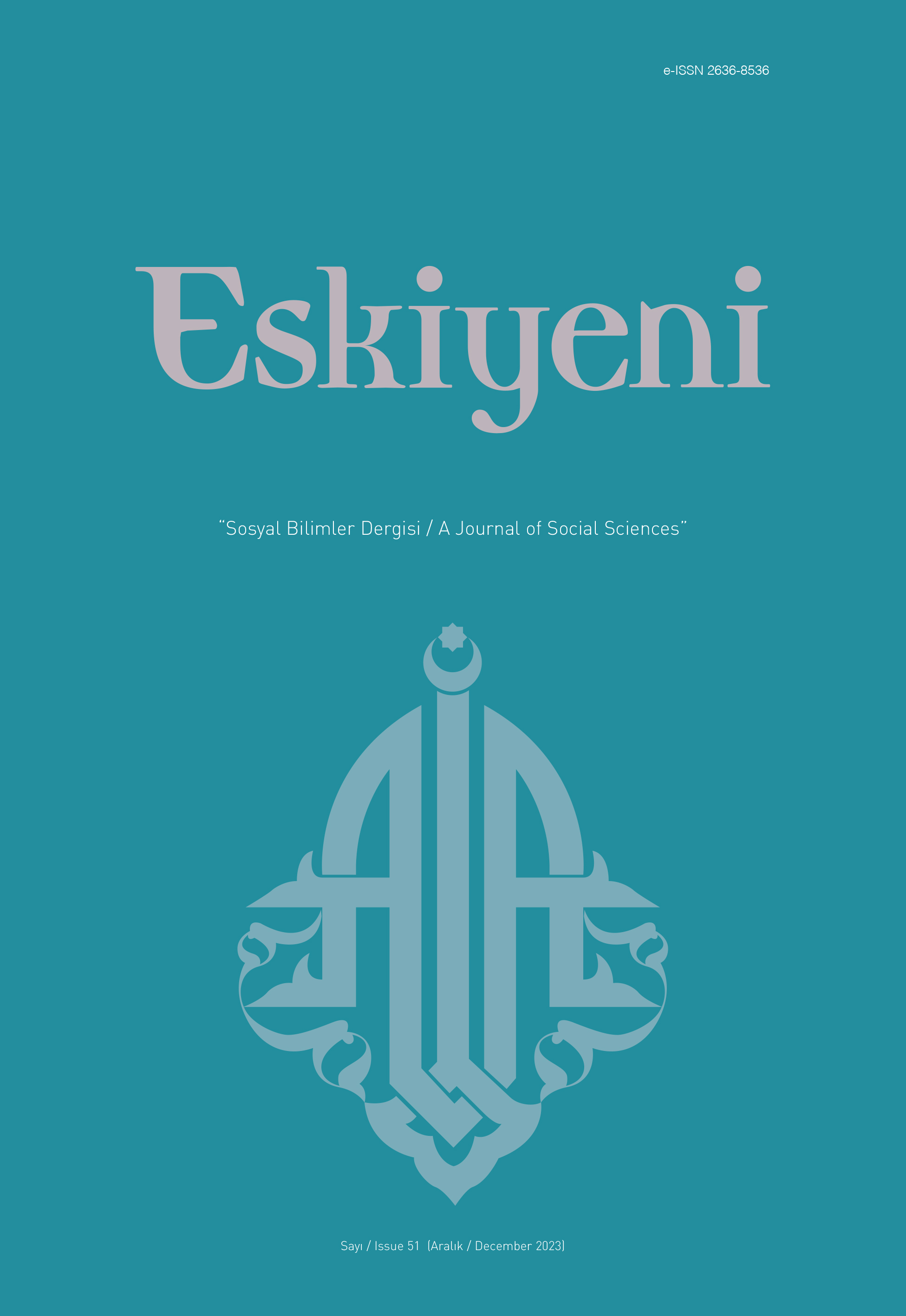Religion-Science Relationship in Western Thought: A Historical Review
Religion-Science Relationship in Western Thought: A Historical Review
Author(s): Cevdet CoşkunSubject(s): Christian Theology and Religion, Religion and science
Published by: Anadolu İlahiyat Akademisi
Keywords: History of Science; Science and Religion; Scientific Revolution; Christianity; Enlightenment;
Summary/Abstract: Concepts are the products of the human mind and imagination that have emerged in the context of history-society. For this reason, their meaning contents also change throughout history. In this context, science and religion are two important concepts that the human mind has produced in history. However, both have found a wide application area in practical life and have influenced each other interactively throughout history. Until the emergence of scientific thought, religions have gained the power to organize human and social life by undertaking the task of meeting the need for knowledge of human beings. With the emergence of scientific thinking ability, the way religions describe and explain nature and its contents has also been discussed. However, the attempt to think scientifically, which took off in Ancient Greece in European history, could not show a significant presence during the Medieval Ages, when Christianity determined scientific thought. Some important scientific, social and economic developments that took place in Europe in the 15th and 16th centuries led to the questioning of the authority of the Church, and brought the importance and value of scientific thought back to the agenda of the Western people. As the power of science to explain nature increased, the power of institutional religion to determine thought began to decline. However, when we look closely at this period, it can be seen that the leading figures of the scientific revolution - although they are free-thinking people - also have sincere religious and metaphysical beliefs, and the struggle is mostly tied around the “problem of authority”. In the following centuries, as modern science began to make itself felt more and more in public life with its spectacular achievements, institutional religion would have to largely leave the public sphere. From now on, science will claim to establish it on earth in return for the claim of heaven provided by religions in the next world. However, with the understanding that science cannot answer the existential problems of human beings and the need for certainty with the 20th century, the “sacred” has succeeded in reproducing itself in a new form. Thus, the history of science has clearly shown us once again that it is not possible to completely remove metaphysical beliefs from the human mind and scientific thought.
Journal: Eskiyeni
- Issue Year: 2023
- Issue No: 51
- Page Range: 941-959
- Page Count: 19
- Language: English

